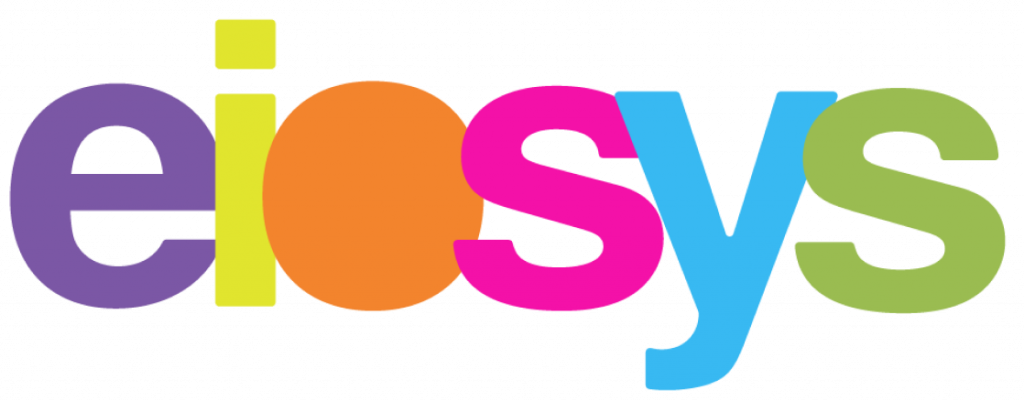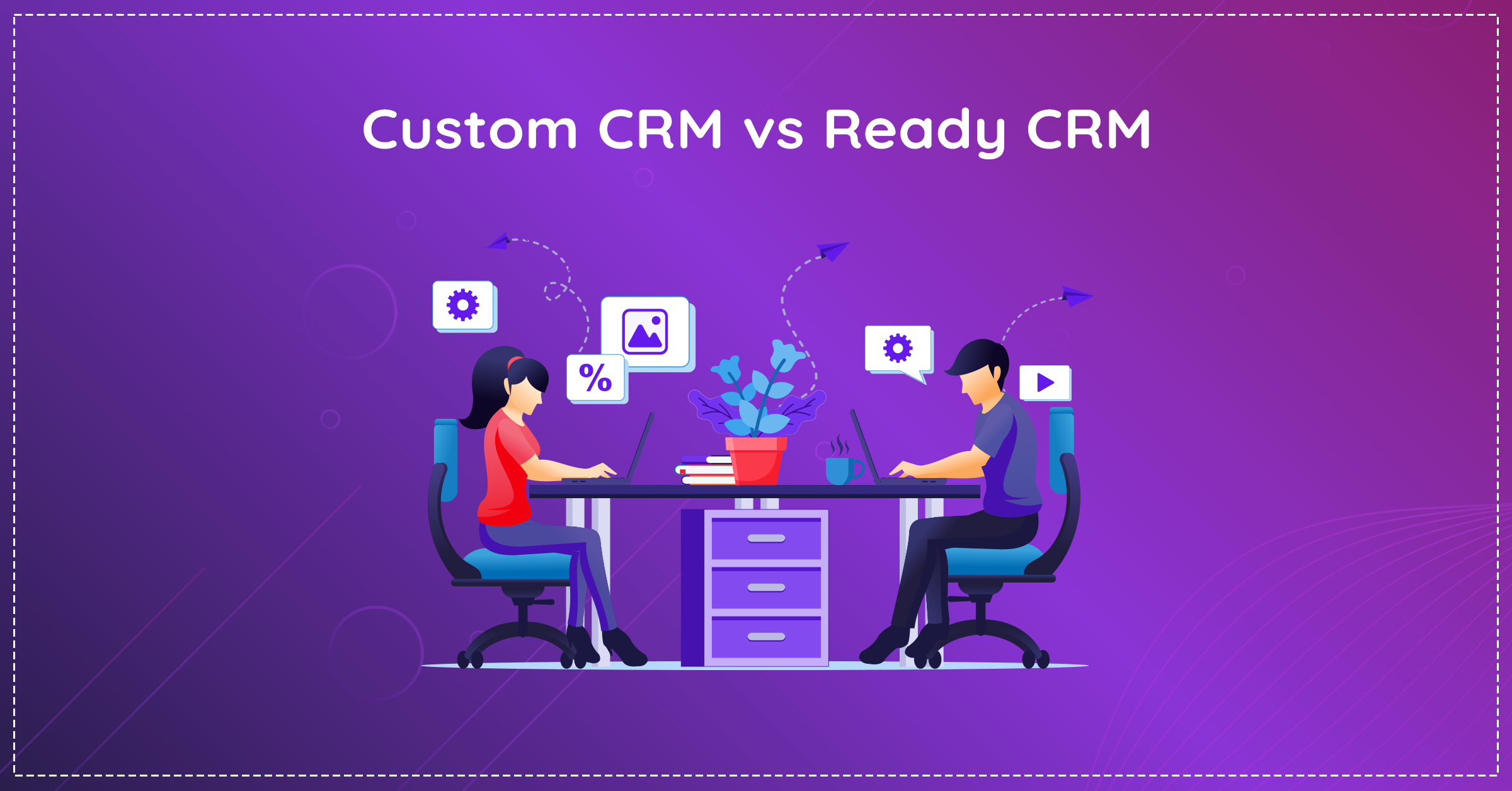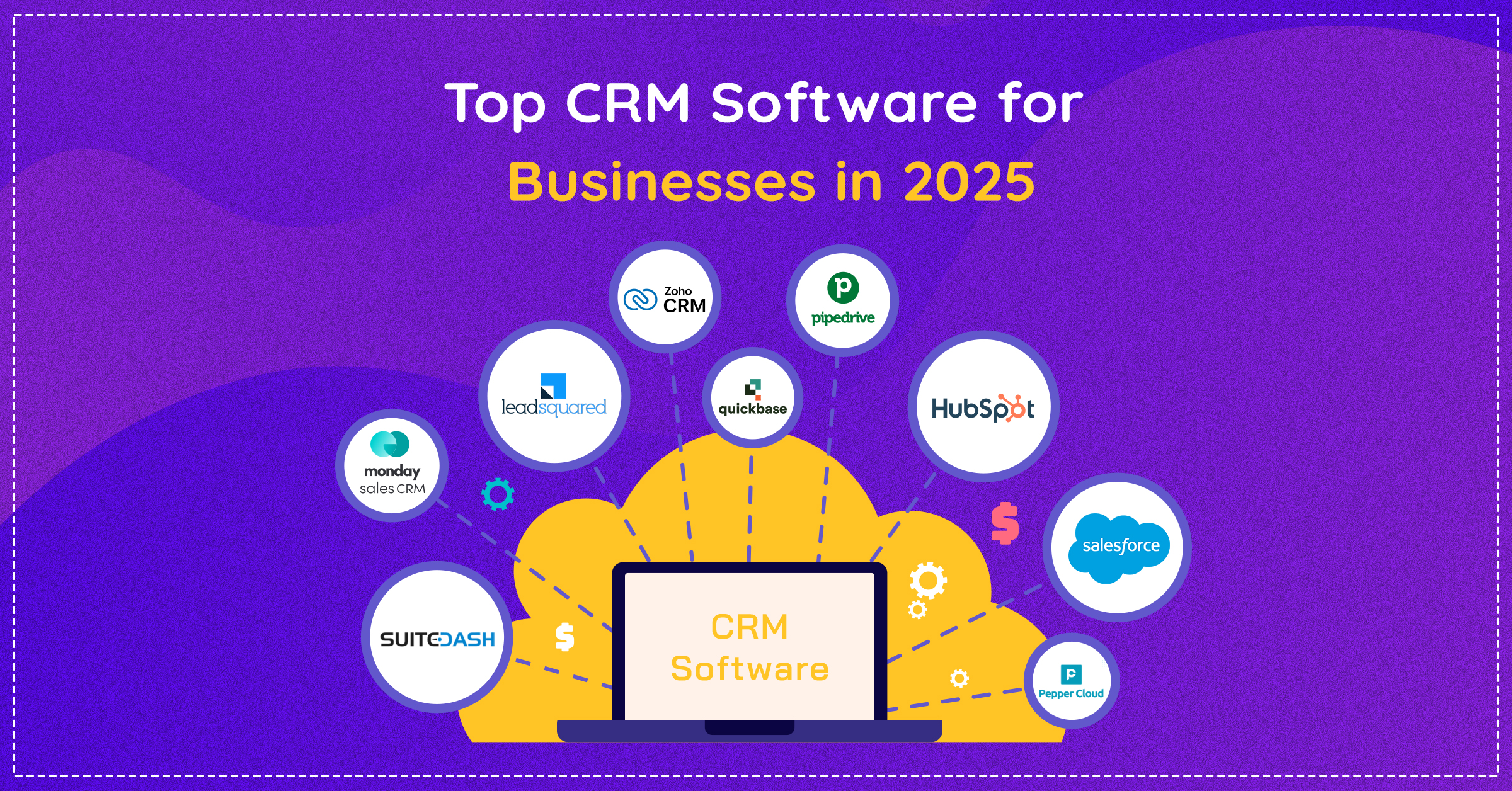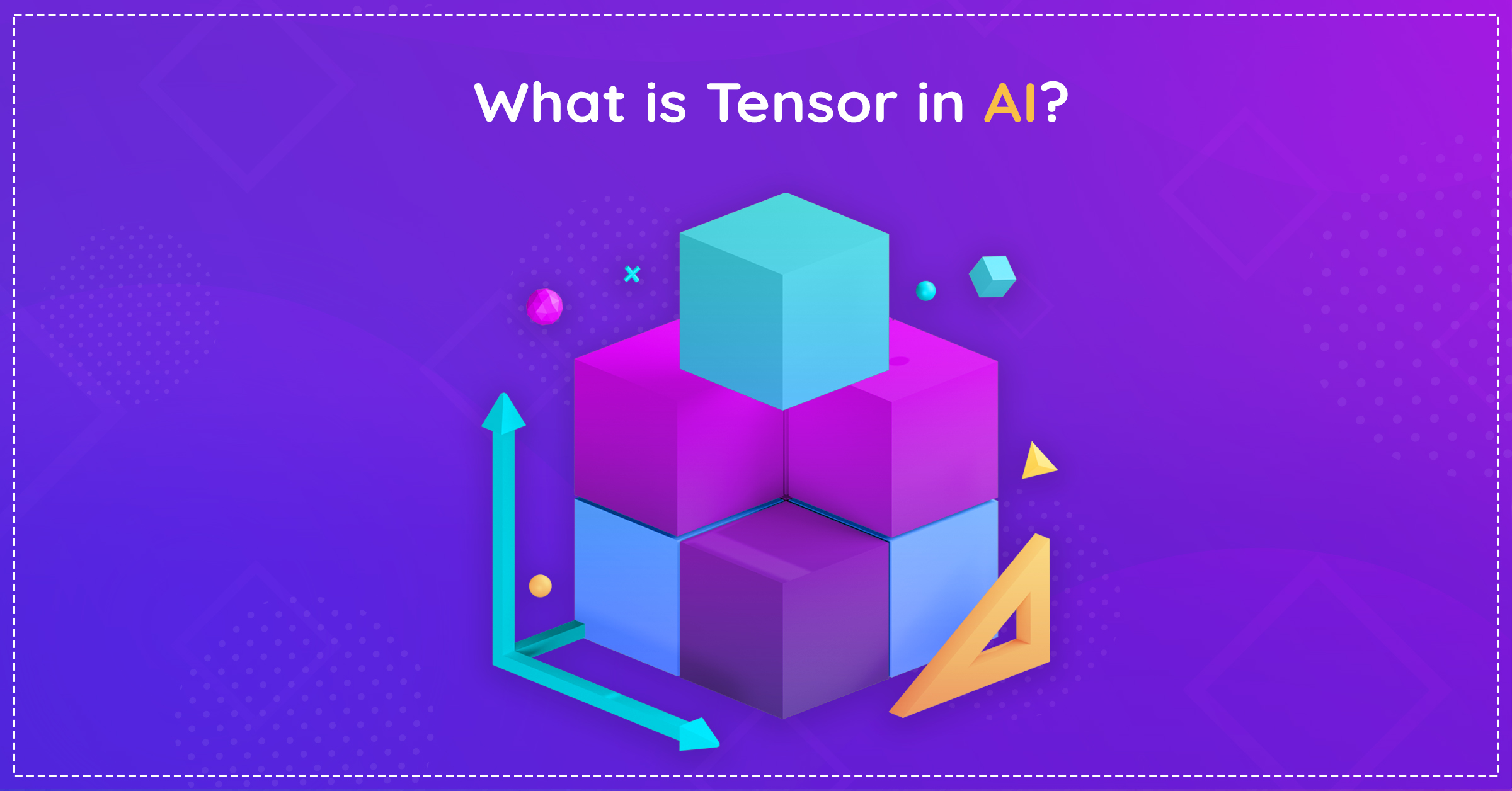Blockchain technology can transform supply chains, industries, and ecosystems. Organisations like banks might look for ways to incorporate their operations on blockchain networks to avoid fear of lose out. In-depth transformation of enterprises might not happen overnight. However, they can start using it in some areas of operation. Also, they would eliminate costly delays, frauds and transparency issues. We at Eiosys believe blockchain development can make processes faster, more intelligent and much more secure in the near future.
What is Supply Chain Management?
Supply chain management (SCM) encompasses a broad range of activities. From planning, controlling and executing a product’s flow. To acquiring raw materials and producing a product all the way through distribution of the product to the final customer. All taking place in the most streamlined and cost-effective way possible. Though, a proper implementation of supply chain creates efficiencies, raises profits, lowers costs, boosts collaboration and more.
Practically making a supply chain is quite a tedious and intricate task. It involves a business to have a deep understanding of all its tasks and processes. While being aware of the correlations and possible impasses within them. In recent days different technologies like AI and Machine learning are trying to take over these inefficiencies and save a company’s money. Amongst these, blockchain is exploring new ways to change the overall game. How you ask? Come let’stake a look.
Supply Chain Challenges and Blockchain Solutions
Blockchain solutions can eliminate problems like poor product tracking and inconsistent data systems for Supply Chain Industry. Blockchain over traditional SCM systems provide greater accountability, transparency and traceability. Following are some of the ways in which blockchain can give our current systems an upper hand:
Establishing Trust
A SCM process generally involves many participants and maintaining trust in such a colossal and abstract environment is often not plausible. Apart from this, an abstract SCM system can also hamper the smoothness of operations. Also, it can lead to degradation of the companies involved in the supply chain process. For example, when manufacturers share products with suppliers, they must follow the factory safety standards. This brings the factor of trust between the suppliers and producers. Also, trust plays a vital role in following regulatory compliance like custom enforcers. Here the immutable nature of Blockchain helps in reducing tampering. This also leads in establishment of trust between the different participants.
Cost Reduction
Traceability in real time helps blockchain in SCM process. The transparency thus provided helps lower overall costs of moving items through a supply chain. Blockchain not only speeds up administrative processes but also ensures security of transactions in the supply chain. A blockchain application by removing intermediaries also gets rid of any potential risk of fraud. Manufacturing and circulation of any fake products can also be kept in check by the means of blockchain based SCM processes. All of this thus result in greater cost savings for the companies involved.
Provenance Tracking
Tracking all of the elements in supply chains of companies can get complicated. Lack of transparency and number of middlemen can lead to monetary loss involved in traditional supply chain systems. However, Blockchain based SCM systems take care of these issues. These systems use RFID tags and embedded sensors that make tracking easier. Thus, making product information easily accessible across the chain and making it easy to detect frauds anywhere in the supply chain.
Benefits of Blockchain in Supply Chain
Blockchain makes data more inter-operable making it possible for companies to share data and information easily. Transparency helps in reduction of delay and disputes. Also, chances of misplacement’s are rare as Blockchain provides with realtime tracking.
A more scalable system is possible by using blockchains and hence users of a supply chain can access it from any part of the world. Also, high security standards are put in place. The property of immutability and transparency make blockchains efficient in eliminating frauds and maintaining the integrity of the system. Blockchain provides a few more benefits over traditional systems:
- Increase consumer and partner trust
- Reduce or eliminate fraud and errors
- Improve inventory management
- Minimize courier costs
- Reduce delays from paperwork
Blockchain Use Case at Brooklyn Roasting Company
“Transparency from farm to cup”, Brooklyn Roasting Company has a simple mission: to source and serve sustainable, ethically produced coffee. This sounds simple but the journey from mountain top to countertop is a bit challenging. Lack of transparency and accountability in their current systems made it difficult for keeping losses, frauds and freshness of products in check. Here’s where Blockchain made its entrance: IBM developed a blockchain application which brought farmers, roasters, and everyone into the ecosystem, bringing out a transparent and a completely traceable coffee trade.






